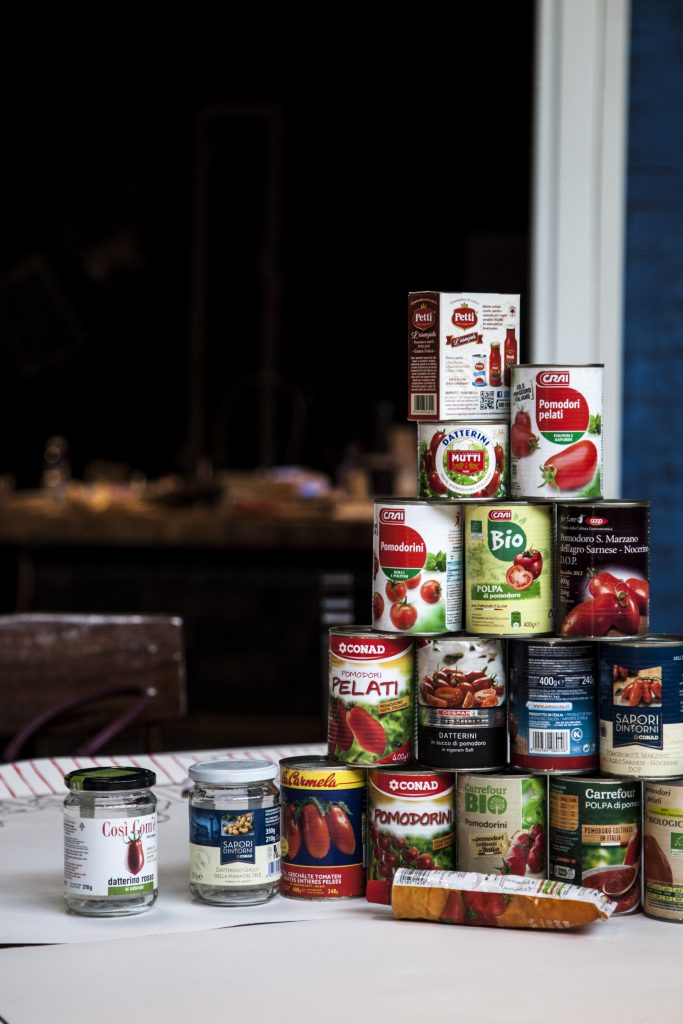
While the impact of the recent COVID pandemic on agri-food labourers is only now becoming apparent, new alarming information emerges about yet another unprecedented crisis: of fresh food production. In a recent article for Internazionale, Fabio Ciconte and Stefano Liberti quote Italian producers, who, they say, have been suffering a drop in turnover of between 30 and 50 percent in recent weeks. In this phase of global emergency, the agricultural sector is not only undergoing an unprecedented crisis. But the growing monopolisation of fresh food distribution appears to be exacerbating frictions between producers and supermarket chains. As I wrote last week, the latter have been officially privileged in this crisis.
In particular, Italian food producers accuse large-scale distribution networks of channeling their profits through telematic food fairs: a method of of public food sales, which, Ciconte and Liberti reveal, pressurise farmers to sell their produce at unsustainable prices.
In the meantime, the global farming industry complains about a huge shortfall of workers to harvest fruit and vegetables. Despite the joint call to constitute a “land army” by the British Farmers’ Association -presumably to be recruited from people put out of work by the crisis – protectionist policies are visibly damaging the labour force employed in the harvesting of food products in the UK -often under detrimental conditions. Already in 2017, 4,300 vacancies here were left unfilled by immigrant workers due to Brexit.
This militarisation of food supply chains also generates important setbacks though. Today farm groups in the US are warning that immigration restrictions put in place this month by the Trump administration could lead to important shortages of food and the labour to harvest it. In Asia, the situation looks equally bleak: in Thailand, thousands of migrants from neighbouring Myanmar, Cambodia and the Lao People’s Democratic Republic are returning home, leaving the country’s large mono-cropping cultures practically without labour. Australian horticulture, which is in the middle of harvesting season, finds its thousands of workers with their visas curtailed because of COVID. In India, agricultural labourers are already among the worst hit by COVID-19 and the resulting lockdowns.
National containment measures against COVID continue to block mobility, close borders, and prevent global interaction. But global production chains will soon be confronted with companies that lack the necessary mobile labour to produce food for those staying home.
